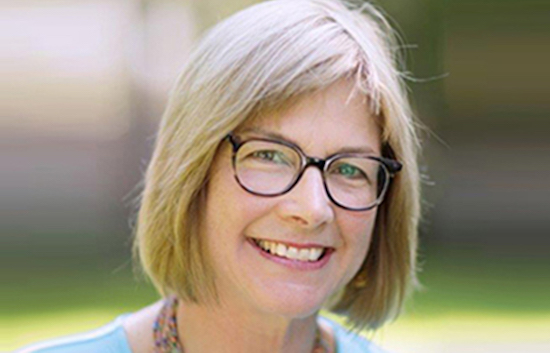
One Book Director
During her tenure, Nancy Cunniff has elevated the “One Book” brand to become a signature University program involving the entire campus.
The Office of the President & One Book One Northwestern are excited to announce Hope Jahren's The Story of More: How We Got to Climate Change and Where to Go from Here will be the reading selection for the 2021-2022 school year.
Welcome to One Book One Northwestern 2021-2022! This year's selection The Story of More: How We Got to Climate Change and Where to Go from Here, by geobiologist Hope Jahren, comes at the beginning of what many have called the critical decade for addressing climate change.
Our planet faces the dual crises of rapid climate change and biodiversity loss. Three quarters of the carbon dioxide emissions driven by humans has occurred since 1950. There has been nearly a 70% average decline of birds, amphibians, mammals, fish, and reptiles since 1970. Jahren tells us that since 3800 years ago in Mesopotamia, when the global population was about 100 million, people have worried that the earth would not be able to provide enough food, water, and shelter for the growing population. She explains how tremendous advances in healthcare, sanitation, agricultural productivity, energy production and technological innovation allowed the population to reach more than 7 billion.
However, Jahren also tells us this growth has been associated with the industrialization of agriculture with excess use of chemical fertilizers and nutrient runoff, the wasting of edible food sufficient to adequately feed all undernourished people in the world, greatly increased consumption of fossil fuels, rapidly expanding production of diverse plastics and associated plastic waste, and inequitable resource extraction. Altogether, this has resulted in environmental degradation, biodiversity loss, a rapid rise in greenhouse gas levels leading to global temperature increases and sea level rise, and widespread disparities in access to resources across the US and around the world. We have years, not decades, to address these existential threats. When addressing the United Nations Sustainable Development Goal 13 to, "take urgent action to combat climate change and its impacts," we need to ensure that populations already experiencing disproportionate impacts from climate change are not further disadvantaged by the policies implemented for adaptation and mitigation.
Jahren asks individuals and society to "Use less and share more." She reminds us that "we are endowed with only four resources: the earth, the ocean, the sky, and each other." There is tremendous interest among Northwestern students, faculty, and staff around the environmental, sustainability, and equity/justice issues raised by Jahren's book. As we read The Story of More together, I encourage you to participate throughout the year in the many activities and events associated with One Book.
One Book One Northwestern will be hosting in-person and online events throughout the year. We will be following Northwestern guidelines.

There are no upcoming events at this time.

During her tenure, Nancy Cunniff has elevated the “One Book” brand to become a signature University program involving the entire campus.
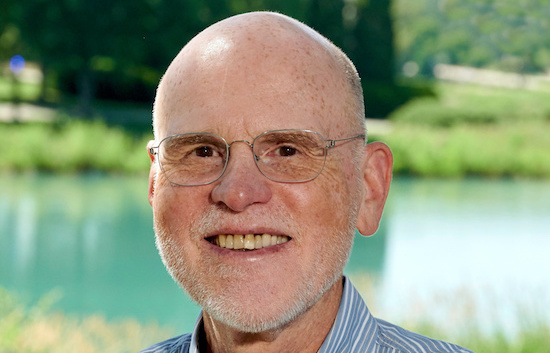
Bill Miller is a professor of Chemical and Biological Engineering and the director of the Center for Engineering Sustainability and Resilience at the McCormick School of Engineering and Applied Science
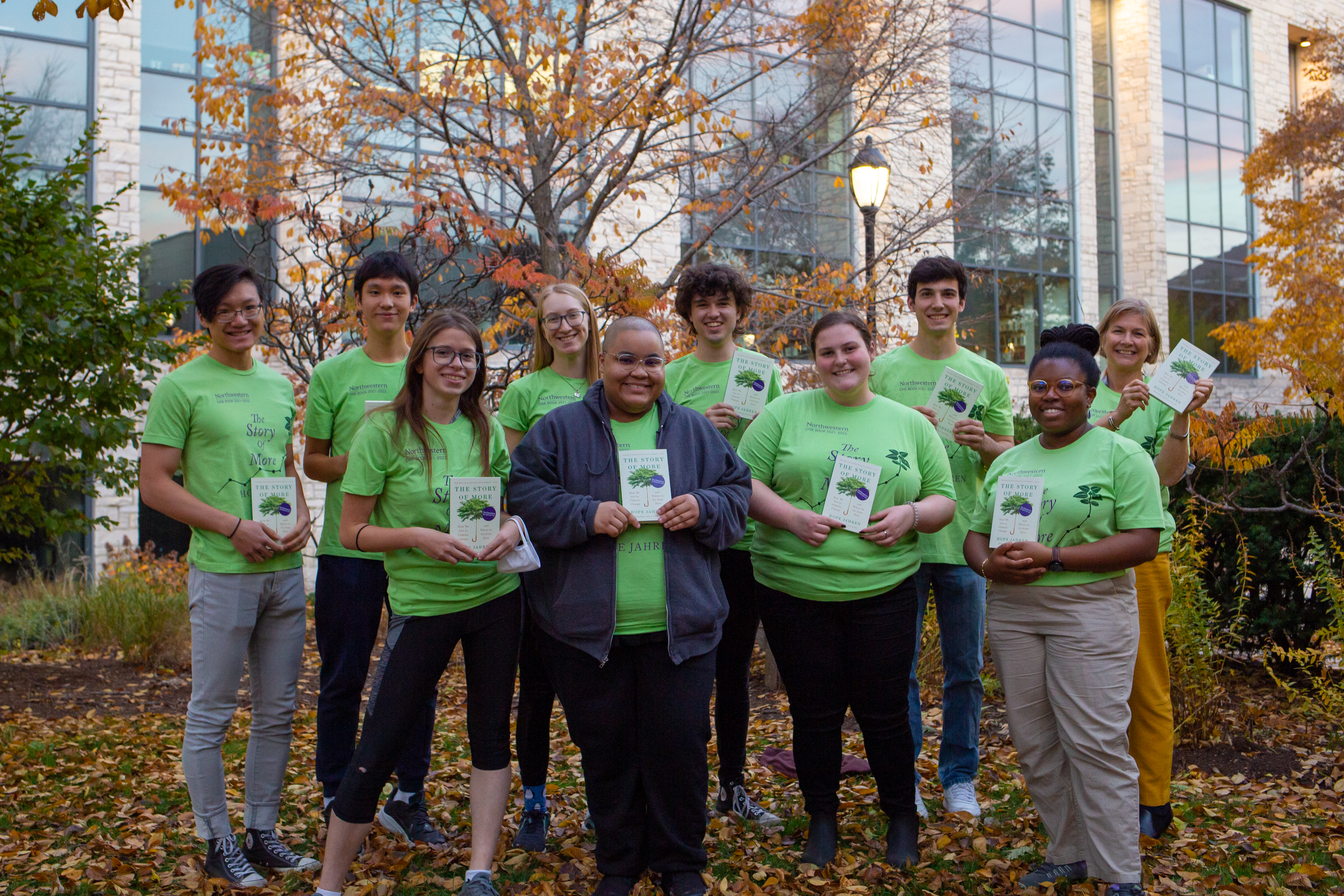
The One Book fellows and ambassadors are integral to the running of the One Book program. The fellows are paid to help run the office on a weekly basis by working on the newsletter, website, social media and marketing. The ambassadors assist with events throughout the academic year as needed. All students contribute to the blog and are readers of several books for the selection of next year’s common read program.

Sign up for our newsletter and stay up to date about events and programs.
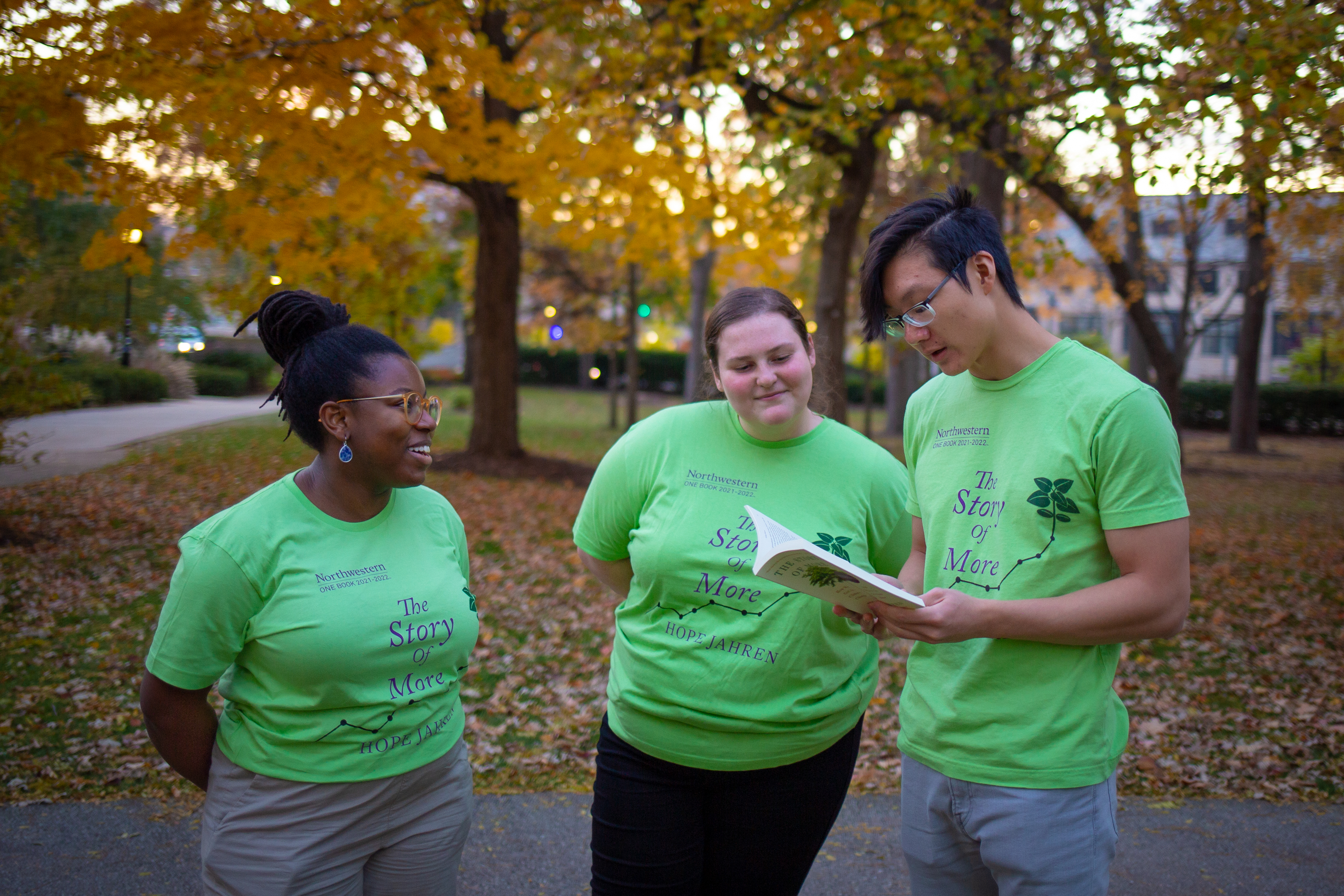
Engage with organizations, professors, and relevant courses.
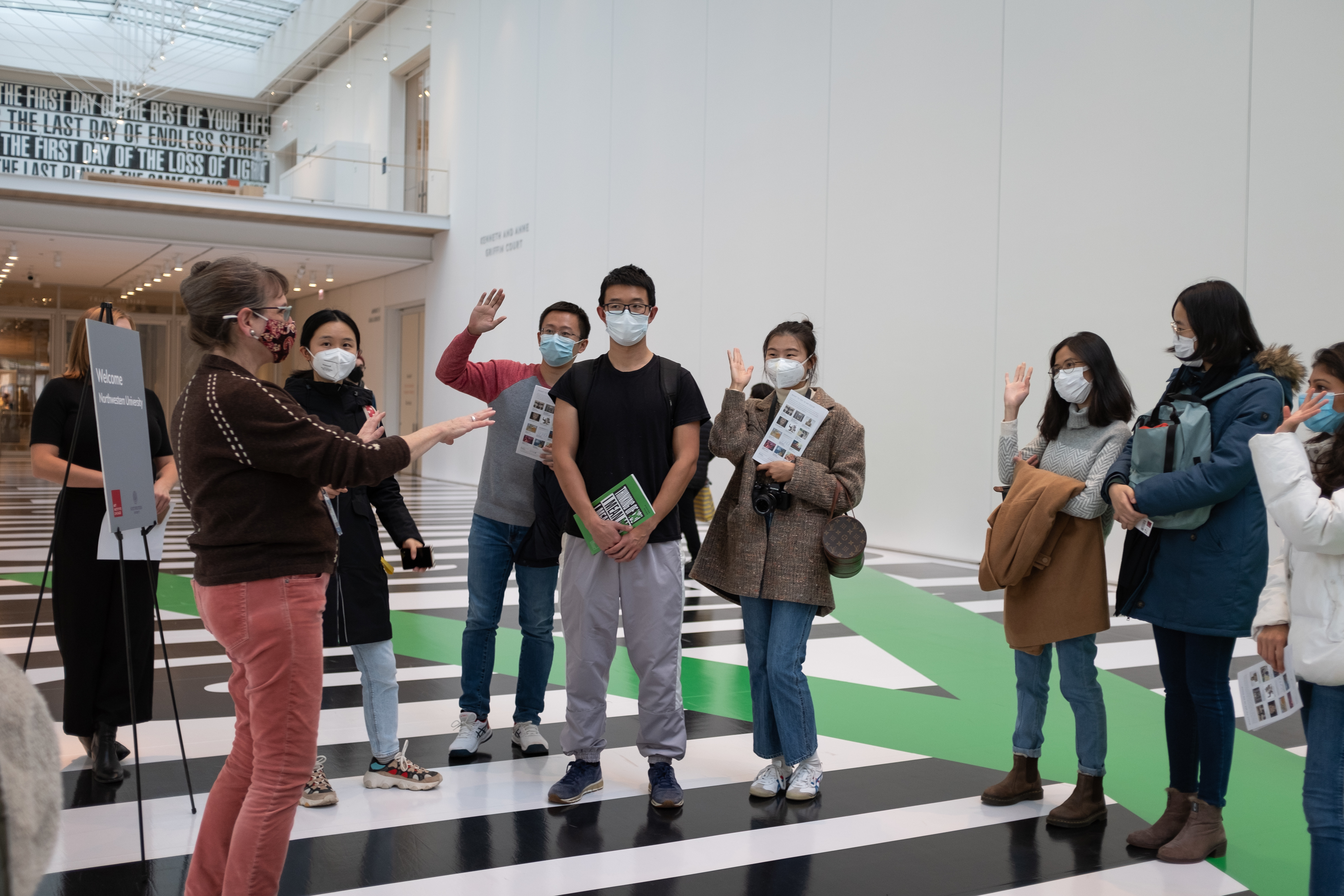
There are many ways, large and small, to participate in One Book.